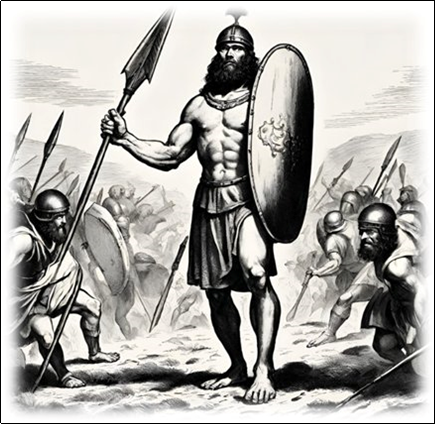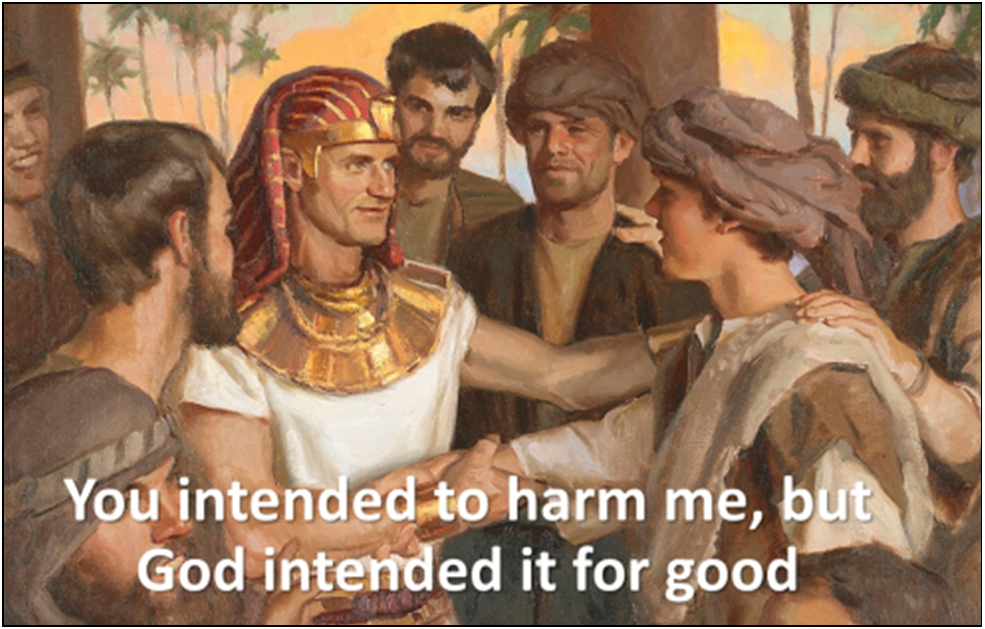“Where Were You When the Lights Went Out?” by Billy Herald

In the dark! I guess we should ask, where were you Monday during the solar eclipse? I heard some of our members were in an airplane flying home from Florida. In the early 70’s there was a hit song Moon Shadow, and that’s what happened Monday. The moon passed in front of the sun and blocked its light. Because we were in the path of the eclipse we were treated to a rare sight.
On Monday afternoon I was mowing in the field and at about 2:50 it went from a very sunny day to a strangely darkening afternoon. When I got to the house and saw Sheryl, Sloane, and Logan on the back deck looking toward the sun with the funny looking sunglasses on I put my glasses on and looked up at the disappearing sun! The Solar Eclipse lasted about 40 minutes. The headlines in the paper said: It was Eerie, It was scary, It was awesome! And I felt the same way. It reminded me what a great God we serve as the one who hung the moon and the stars, who makes the sun rise and set.
Ah Lord God. Behold Thou hast made the heaven and the earth by Thy great power and stretched arm, and there is nothing too hard for Thee. Jeremiah 32:17
It was about the sixth hour, and darkness came over the whole land until the ninth hour. For the sun stopped shining, and the curtain of the Temple was torn in two. Jesus called out with a loud voice, “Father into your hands I commit my Spirit.” When Jesus said that, he breathed His last. The centurion seeing what had happened said, “Surely this was a righteous Man.” Luke 23:44-47
Today we understand the rotation of the Earth and the orbit of the moon. More than 2000 years ago there was darkness on the whole land from noon to 3pm when our Lord and Savior was crucified! The Bible says,” The sun stopped shining!” Even with our knowledge today, this would have been scary and frightening. Like the centurion we too would have to recognize a great God.
Brothers and Sisters, on Monday we got to witness the power of God through the solar eclipse! My prayer is that mankind will understand that power and know His son Jesus. Then we can all say, “Yes, Jesus is a righteous Man.”
Looking up to Jesus, the author and finisher of our faith, who for the joy that was set before Him endured the cross! Hebrews 12:1










